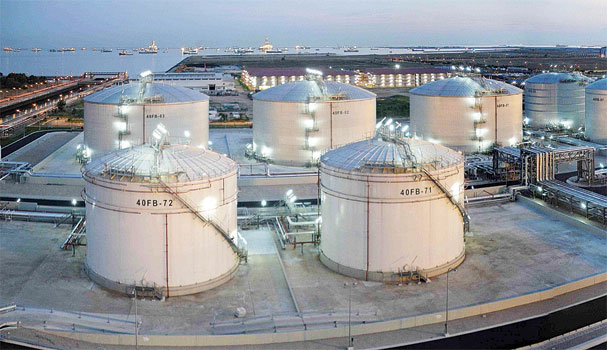The Federal Government still depends on International Oil Companies, IOCs, to know the exact volume of oil and gas exported to the global market.
Chairman, Experts Advisory Panel, Nigeria Natural Resource Charter, NNRC, Mr. Odein Ajumogobia, who made this known at a workshop to consider outstanding remediation issues on Nigerian Extractive Industries Transparency Initiative, NEITI, audit reports in Lagos, said the need for the government to address some of the recurring issues in NEITI’s audit reports still requiring remedial actions is of utmost importance.

Odein Ajumogobia Chairman, Experts Advisory Panel, Nigeria Natural Resource Charter
He stated: “Over the years, both government agencies and the Nigerian public do not know the exact volume of petroleum exported except what the IOC’s say. This is a sad commentary for a country that has been exporting crude oil close to six decades.
“If recommendations such as the multi-phased, calibrated meters at the oil well-heads, flow stations and export terminals are adhered to, this challenge might have been avoided. The need to invest not only in metering infrastructure but also in digital command centres where regulating agencies can monitor the status of the oil assets in real time should therefore be encouraged.

Crude oil
‘The importance of remediation of the NEITI audit reports, especially on on-going efforts to reform and reposition Nigeria’s oil and gas industry cannot be overstated as it is intertwined with the need to project Nigeria not only as a country committed to improving the ease of doing business but also aligning with global best practices in the industry.
Read Also: Nigerian Oil Terminal Delays Add To Supply Concerns
Read Also: NNPC to begin retail of petrol across West Africa
“Enthroning transparency and accountability in the management of natural resource wealth has positive implications on cross cutting issues such as poverty reduction, peace and stability especially in the oil-producing areas, economic growth, shared prosperity, environmental protection, good governance, democratic deepening and overall development of our country. It also puts the country on the right footing to attract quality foreign direct investment in the sector. Without remediation, efforts to make natural resources work better for all Nigerians will fail.”

The International Oil Companies that Nigeria depends on to ascertain oil export

